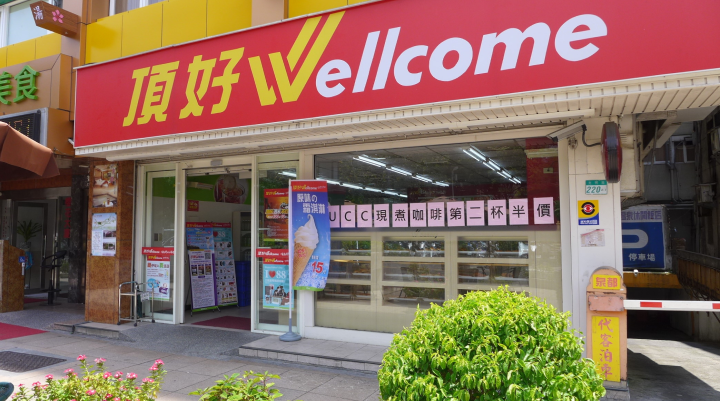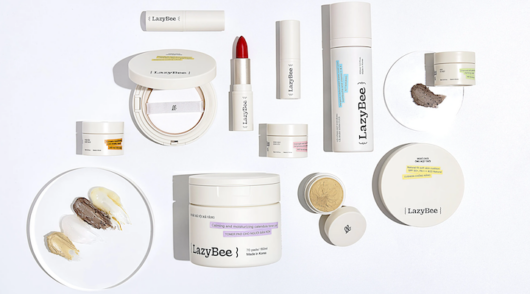Strong performances from supermarket businesses and joint ventures underpinned Dairy Farm International’s performance in a year marked by Covid-19 disruption across all markets.
Total sales, including the full figures for associates and JVs, rose 2 per cent to US$28.2 billion in the December year, thanks in a large part to higher turnover by Yonghui. However the group’s exclusive sales were down 8 per cent to $10.3 billion.
Strong growth in grocery retailing (including Giant and Wellcome), the company’s Ikea franchises was offset by declines in health and beauty (including Mannings) and convenience stores (including 7-Eleven in Singapore and Hong Kong), with consumers in many markets, including Indonesia, unable to shop physical stores during lockdowns through the year.
Underlying profit attributable to shareholders was $276 million, down 14 per cent from last year’s $321 million.
The company said total grocery retail sales rose by 3 per cent to $5.3 billion with like-for-like sales growth across both North Asia and Southeast Asia offset in part by the annualisation of the Dairy Farm’s space optimisation program, which started in 2019.
However, operating profit for grocery rose from $63 million in 2019 to $267 million last year.
The company’s convenience-store division recorded a 4-per-cent decline in sales to $2.1 billion, with operating profit down 31 per cent to $57 million.
Health and beauty sales fell 35 per cent to $2 billion as the pandemic impacted customer traffic across our key markets, especially in Hong Kong when the closure of the border with Mainland China impacted the Mannings business in Hong Kong and Macau. Divisional profit fell from $296 million to $66 million.
Sales at the company’s Ikea stores in Hong Kong, Taiwan and Indonesia rose by 9 per cent thanks to store network expansion and strong e-commerce sales. Operating profit for the division rose by $28 million to $71 million.
Dairy Farm’s 50-per-cent owned Maxim’s business, which includes Starbucks franchises in Hong Kong, Vietnam, Thailand and Singapore, saw sales decline from $82 million to $36 million due to lockdowns and social-distancing measures across all markets.
Chairman Ben Keswick described last year as “challenging” for the business as the pandemic impacted all business sectors.
“Continued progress in implementing the group’s transformation program, however, helped the business adapt to the rapidly changing environment, while the diversity of the group’s businesses, coupled with the impact of ongoing efficiency improvement programs, supported the group’s overall financial performance,” he said.
“We remain confident in the group’s ability to continue to adapt and thrive and achieve long- term sustainable growth, with good progress being made in implementing the group’s customer-focused and market-driven strategy. We expect challenging conditions to continue in the coming year, however, it is too early to predict what the impact of the pandemic will be on the group’s performance in 2021.”






